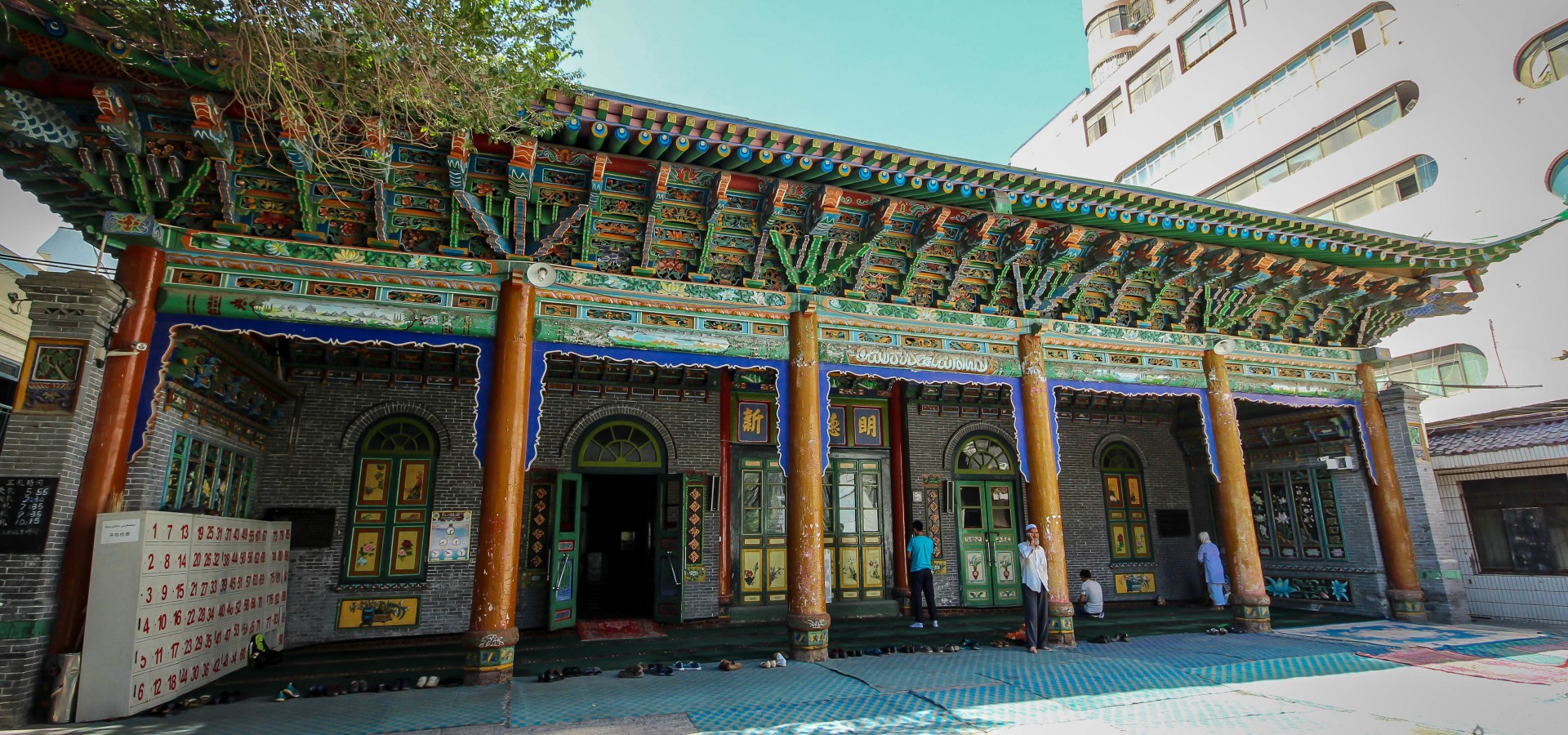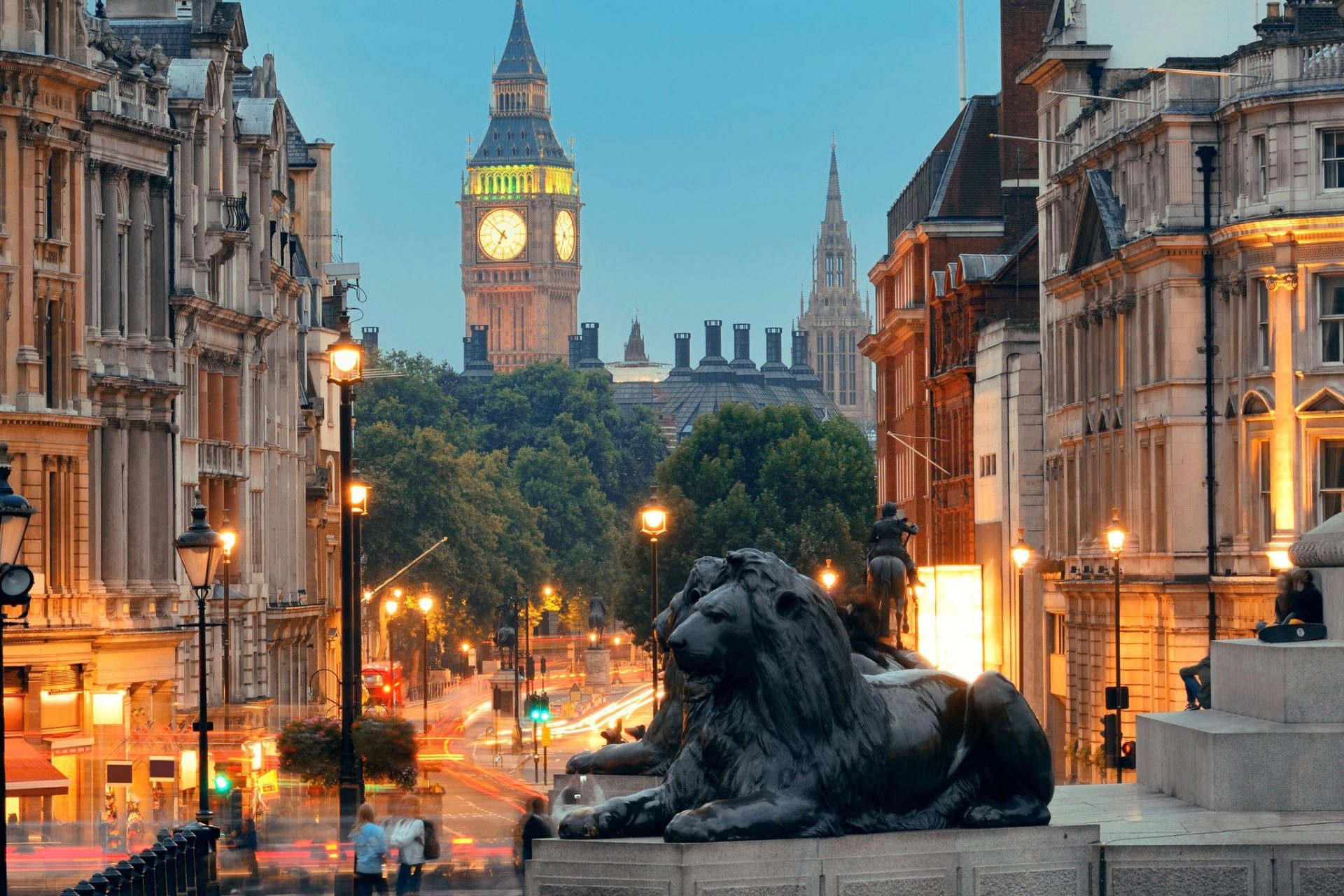Few people outside China visit the far western Semi Autonomous Region of Xinjiang. The incredible province with its strong Central Asian cultural traits was the entry into China of the Silk Road. With the ancient trade through the region, Xinjiang was flooded with culture, food, music, spices, religion and everything else from the Middle East and Central Asia. The capital city of Urumqi on the northeastern corner of the Tarim Basin is very much the epitome of this cosmopolitan characteristic.
Most people associate Xinjiang with the Uyghur people, but in Urumqi, they are just one of the ethnic groups that make up the population of a large city. Han Chinese are the majority people, but joining them and the Uyghur in the cultural hotpot are Hui, Kazakh, Manchu, Mongol, Xibe, Russian, Kyrgyz, Uzbek and Tatar people. The various East and Central Asian people have each brought their customs and culture with them.
In the centre of the town, the Grand Bazaar with its iconic tower is home to stalls selling all kinds of items, from traditional Uyghur knives to rugs from Hotan. Headscarves and hats are sold next to the famous raisins, almonds and other fruits and nuts. In the surrounding streets, scores of restaurants offer fare from all over the region. Biriyani lamb and rice dishes steam away on stoves outside the restaurants, while cooks turn lamb kebabs on skewers over charcoal. Circular nang breads adorn tables along the streets and entice you with their freshly baked smell. Stands selling fresh yoghurt and men with baskets of golden figs sell their wares to people in a multicoloured range of ethnic clothing.
Across the street from the Grand Bazaar, the Southern Great Mosque is a perfect example of a Hui Chinese style mosque. In place of the domes and minarets are Chinese eaves, dragons and phoenixes. It is not alone in the city and there are several others in this style that came with the Hui people as they moved from Shaanxi province in search of their fortunes hundreds of years ago. Traditional domed mosques can also be found around the city, such as the Yang Hang Mosque.
Throughout the day and night, the sights, smells and sounds of Urumqi are captivating. The city is the gateway to Xinjiang, a place of desolate beauty. The unforgiving landscape of the province is stunning and with the food, music and warm welcome of the Uyghur people and the other ethnic groups that call Xinjiang home, it is a place that stays with a visitor long after they have returned to their homeland.
The Western Gate: Xinjiang and the Uyghurs is a short film made by Michael Dean and produced by him and Tom Billinge of The Temple Trail.




